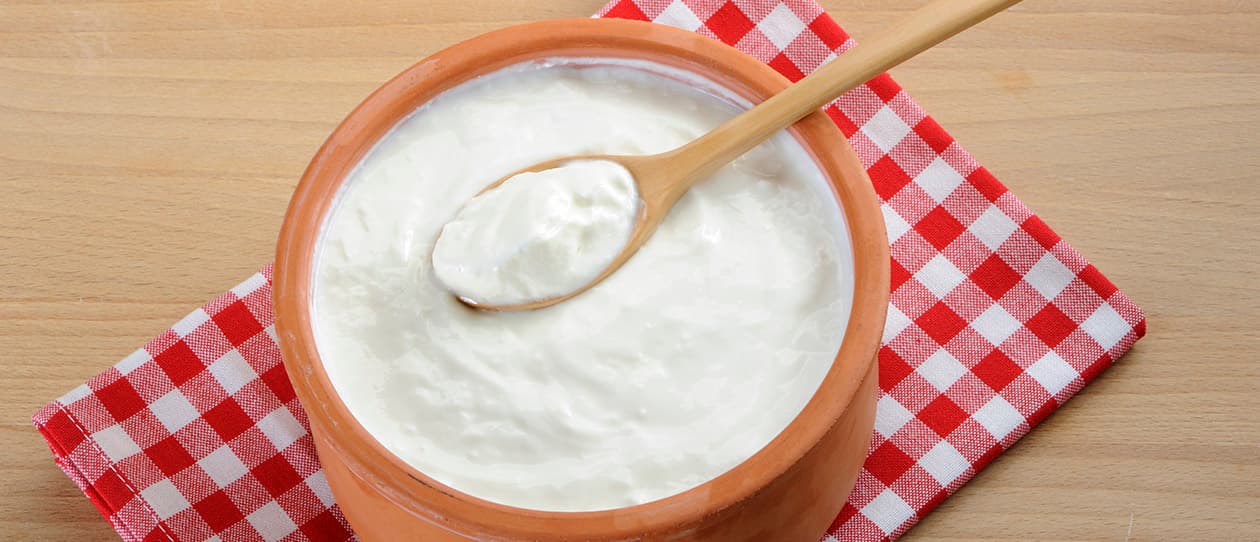
- Health hub/
- Tips & Advice on Improving your Digestive Health/
- Not all good bacteria are created equal


Gone are the days when yoghurt was the most commonly recommended source of 'good' bacteria.
There are approximately 400 indigenous species of probiotics, or ‘good’ bacteria, in the human digestive tract.
These micro-organisms reduce the growth of harmful bacteria and promote a healthy digestive system. Most of them belong to a group called lactic acid bacteria, of which Lactobacillus acidophilus, which is found in yoghurt, is the most well known. More recently, though, in the world of health supplement research, another strain of lactic acid bacteria has come to the attention of scientists: Lactobacillus reuteri.
What does the science say?
Quality scientific studies have shown Lactobacillus reuteri supports the healthy functioning of the gastrointestinal tract and reduces digestion-related symptoms such as diarrhoea and occasional digestive upset. The benefits of this particular strain of probiotic have been seen in more than 67 scientific studies, involving more than 4500 people.
One study investigated the effect of Lactobacillus reuteri on children hospitalised with acute diarrhoea. On the second day of treatment, the group receiving the active ingredient had a 64 percent prevalence of watery diarrhoea compared to an 84 percent prevalence in the placebo group. After the third day, the active group had a 36 percent prevalence of diarrhoea versus a 60 percent prevalence in the placebo group.
Another study was performed with adults with antibiotic associated diarrhoea. Results showed that those treated with Lactobacillus reuteri had a significantly lower level of diarrhoea (7.7%) compared to those on placebo (50%).
It is uncertain as to how specifically Lactobacillus reuteri works to minimise diarrhoea, though there are a few likely mechanisms. Pathogenic, or 'bad,' bacteria are competitively reduced. Also, substances are produced by Lactobacillus reuteri which help immunity. These include organic acids (eg. lactic acid), hydrogen peroxide, proteins that kill bacteria, and a unique substance called reuterin that is also antibacterial.
Another area of research has been on children with Helicobacter pylori infection. This is a particularly tenacious pathogenic bacteria that requires strong antibiotic treatment to eradicate. One study showed that children receiving Lactobacillus reuteri during eradication treatment had significantly reduced symptoms of gastrointestinal disturbance, such as abdominal pain and bloating, bad breath, diarrhoea and constipation.
An important requirement for supplemental probiotics is that they need to make it to the right areas of the digestive tract and then colonise in order for them to be of the most benefit. Clinical investigation has established that after 28 days of Lactobacillus reuteri at a dose of 400 million organisms per day, colonisation occurred in the stomach and the small intestine.
It is hardly any wonder that with this amount of supportive data Lactobacillus reuteri is one of the most extensively researched probiotic strains. Look out for further ways in which this good bug could have therapeutic applications in the near future.
References available on request




